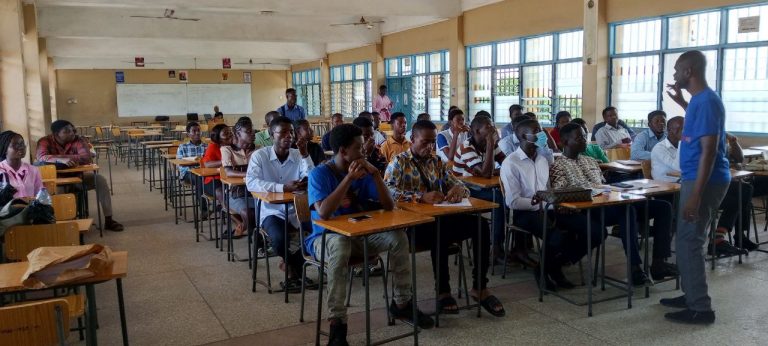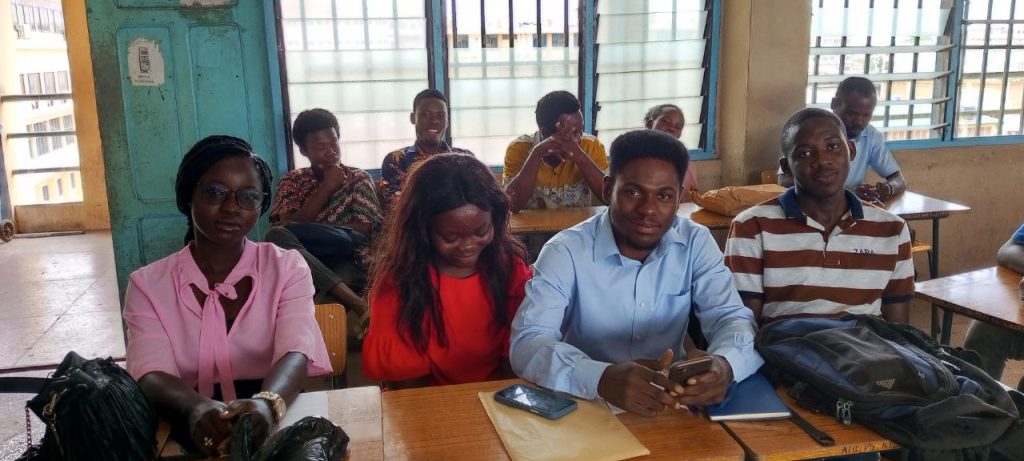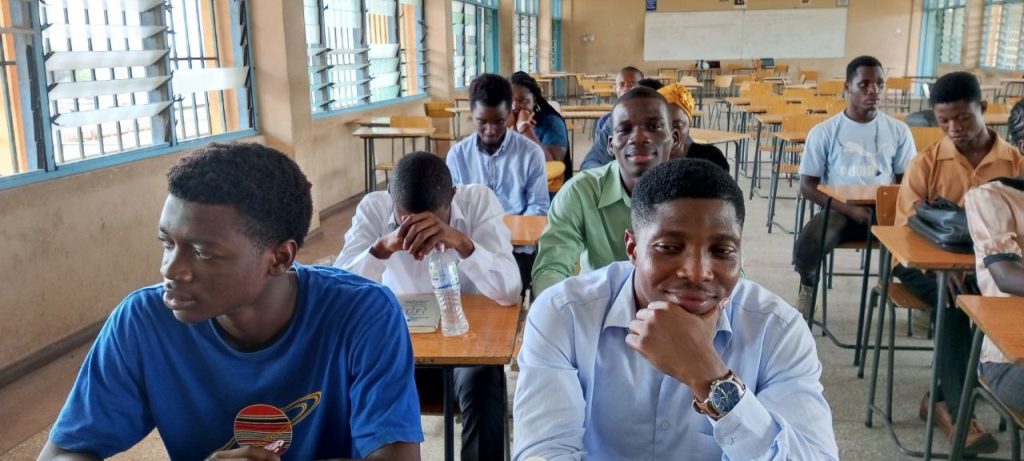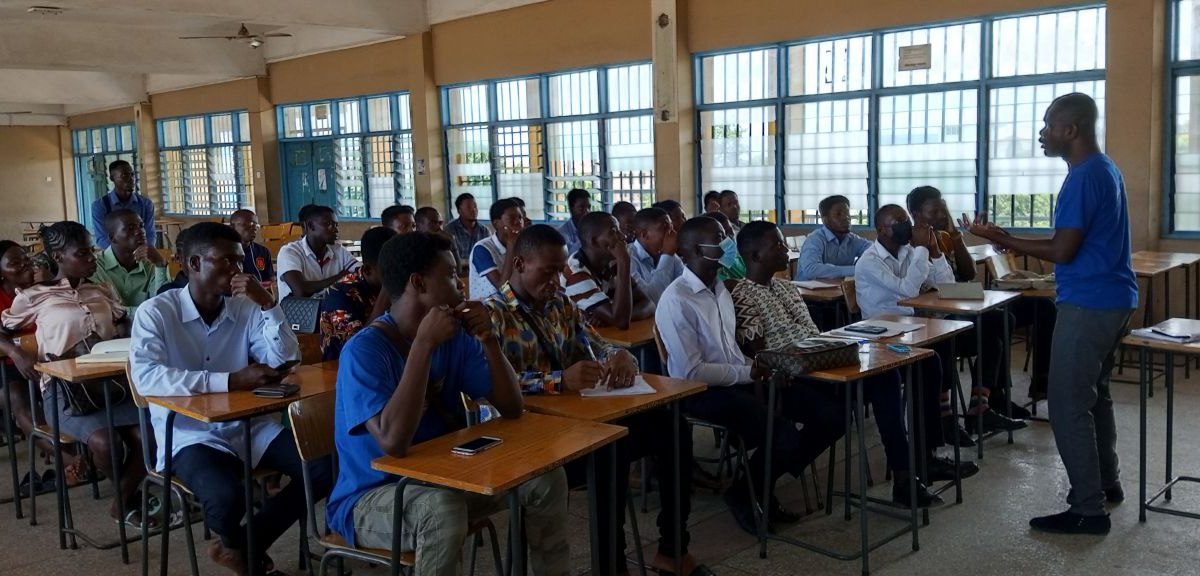
The Youth in Finance and Investment Internship Experience program has kicked off with initial training at the Accra Technical University (ATU).
The virtual business and financial internship experience is a series of a workshop designed to teach students practical job readiness skills for navigating the workplace successfully.
The Internship experience, organized by the Young Investors Network (YIN) aims at helping students develop a portfolio of skills and competencies to facilitate the transition into graduate-level employment.
It is characterized by boot camp, volunteerism, internship, job shadowing, and performance monitoring on the job.
The Head of Communications at YIN, Julius K. Satsi, urged the interns to develop the right attitude and mindset toward the internship opportunity to enable them to reap the full benefits of the internship experience.
He added that there was a need for students to embrace savings and investment culture as they are still in school to secure their future in terms of finances.
He said the rich would continue to be richer while the poor continue to be poor if the latter does not take the necessary efforts to pay the sacrificial price of delaying gratifications and investing toward the future.
The Executive Director of the Young Investors Network for Programs and Projects, Joshua Mensah urged the interns to take advantage of the opportunity to beef up their CVs but most importantly, commit to acquiring more skills.
In training the interns on youth investment advisory program, Mr. Mensah explained that a financial advisor is a qualified professional who gives advice and guidance on financial matters to clients.
In training the interns on youth investment advisory program, Mr. Mensah explained that a financial advisor is a qualified professional who gives advice and guidance on financial matters to clients.
He noted that depending on their area of expertise, financial advisors could offer advice on money matters ranging across budgeting, saving, investing, retirement planning, tax planning, estate planning, and more.


He noted that depending on their area of expertise, financial advisors could offer advice on money matters ranging across budgeting, saving, investing, retirement planning, tax planning, estate planning, and more.
Mr Joshua said financial literacy is a ‘must include’ part of everyday life, noting that understanding the basic principles of finance enhances the ability of people to achieve their personal financial goals and to enhance job opportunities. This is done through an understanding of spending, saving, investing, risk along with the ability to read and understand financial statements.
The term “financial literacy” means having the knowledge, skills and confidence to manage your finances well, taking into account your economic and social circumstances. Knowledge in this instance means having an understanding of personal financial issues. Skills means being able to apply that knowledge to manage one’s personal finances. Confidence is feeling sufficiently self-assured to make decisions relating to one’s personal finances.
Financial education is the process by which financial consumers/investors improve their understanding of financial products and concepts and, through information, instruction and/or objective advice. It also helps develop the skills and confidence to become more aware of financial risks and opportunities, to make informed choices, to know where to go for help, and to take other effective actions to improve their financial well-being.
After going through this training, will build their financial literacy skills to make better and more informed decisions when it comes to saving for their pension and studies or ensuring that they contract a mortgage for their home, which they are able to repay within a reasonable period.
People who make good financial decisions are more likely to achieve their financial goals, making them more likely to hedge against financial risks, negative shocks, and support economic growth.




